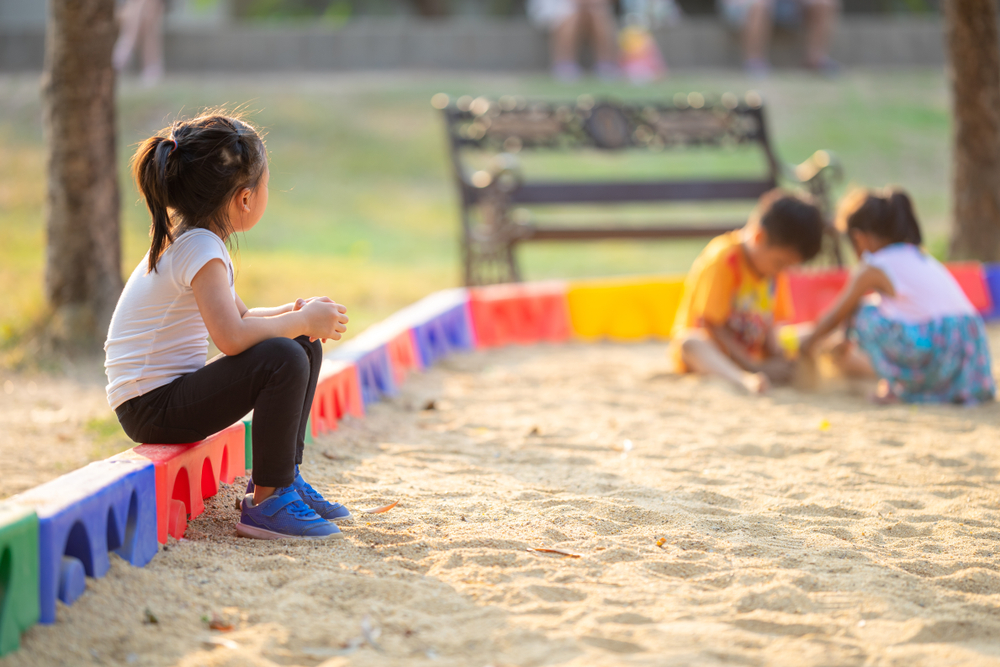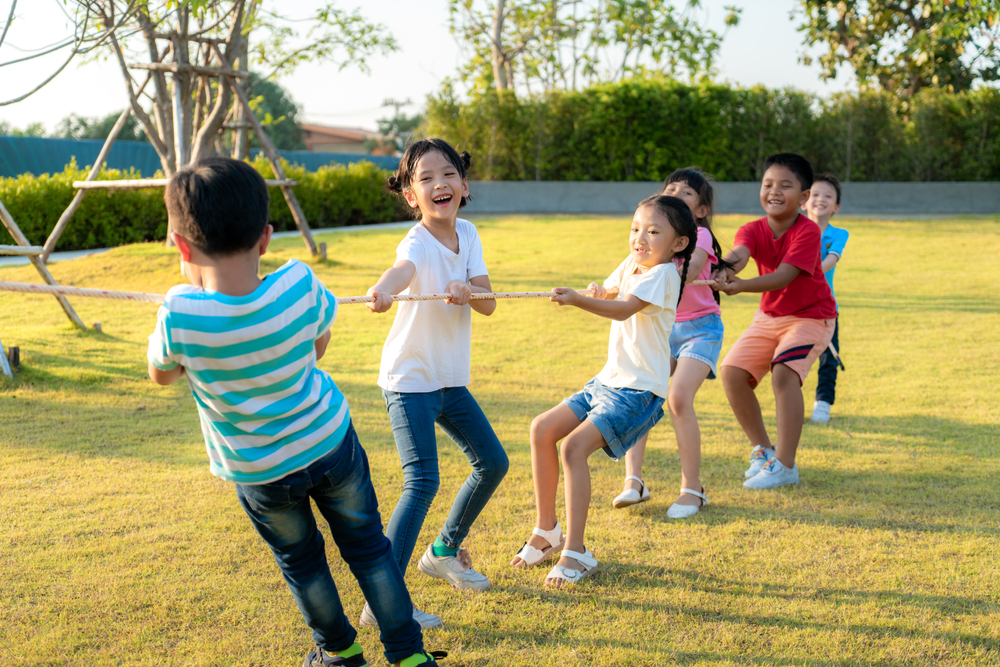
Source : Education Expert, School Supervisor,Wu Shan-ying
Parents often worry about their children and ask, “Have you made any friends at school?” However, when the child responds with “I don’t have any friends” or consistently mentions the same friend, parents may begin to worry if their child has tendencies toward autism or social disorders.
In reality, some children have been this way since childhood. They may have a preference for playing with objects or toys rather than socializing with peers. Even in higher grades, they might immerse themselves in activities like building puzzles, engaging in quiet activities, or conducting experiments independently, showing a strong focus, but not necessarily an inclination to play with others. These children are introverted but not necessarily autistic. Just like adults, some adults may not be talkative, but they can be attentive and observant. They may not cast a wide social net, but they might have a few close and long-lasting friendships. These are aspects of personality.
The second scenario is that some children, even if they enjoy playing with others, tend to prefer interacting with older peers or even adults. They might like to hang out with teachers, engage in conversations with teachers, but not necessarily enjoy playing with their same-age peers. From a teacher’s or parent’s perspective, it can be easy to perceive this as a social problem. These situations often occur, especially among gifted or academically inclined children.

Typically, normal children begin to grasp the concept of friendship around the ages of 4 or 5, and this understanding gradually develops after the age of 3. Therefore, they also start to learn empathy and consideration for others around the ages of 4 or 5, which makes it easier for them to make friends. If parents notice that their child isn’t very sociable in the early years, there’s no need to be overly concerned. Many children become more capable of socializing as they progress to kindergarten levels like K2 and K3 or even in primary school.
However, it’s essential to be aware that some younger children who appear more mature might establish someone as their best friend right from Pre-Nursery (PN) or Kindergarten 1 (K1). This is a normal part of a child’s development. Often, as these children grow older and communicate more, they may form new friendships and share more with others.
Lastly, parents should be mindful of whether their child’s difficulty in making friends might be related to language skills. In my experience, I’ve observed that from the second half of PN to the first half of K1, children’s language skills begin to develop rapidly, leading to significant differences in their ability to express themselves. Children who are more talkative or proficient in speaking may naturally gravitate towards one another. Even in higher grades, you may find that children who enjoy speaking English tend to play together, while those who prefer speaking Chinese form their own groups. These dynamics can impact the social and emotional well-being of children with weaker language skills. Therefore, parents should pay attention to their child’s relationships with classmates and provide more care and support to their child as needed.

If parents genuinely find that their child has difficulty making friends, they can consider the following points. Firstly, it’s essential to understand the child’s natural personality. If a child is introverted, this is not a problem or a fault. What matters most is not to place too much pressure on yourself or the child. Otherwise, the child may begin to question their own personality and even doubt themselves. During a child’s early development, it’s crucial to provide an environment filled with love and encouragement. In such an environment, the child will notice the admiration of those around them, which will boost their self-confidence and make it easier for them to take the first step.
Secondly, many children might not dislike making friends, but they may have a preference for playing with older children. They feel that playing with older kids offers learning opportunities or a sense of challenge. Some boys may even enjoy the competition that comes with running faster than their peers. So, parents should pay attention to whether their child, due to being exceptionally intelligent, mature, or talented, tends to gravitate towards older peers or even adults.
Lastly, parents should consider the child’s language expression abilities. If there is a deficiency in language skills, it’s best to address those language skills first and then work on developing social skills. If language skills are not the issue, pushing the child too hard to make friends can actually harm their self-confidence. When you repeatedly ask the child why they don’t have friends while others do, the child may begin to question themselves and feel worse about the situation.
©2023 版權屬 宣道會社會服務處所有
Powered by Parents Daily